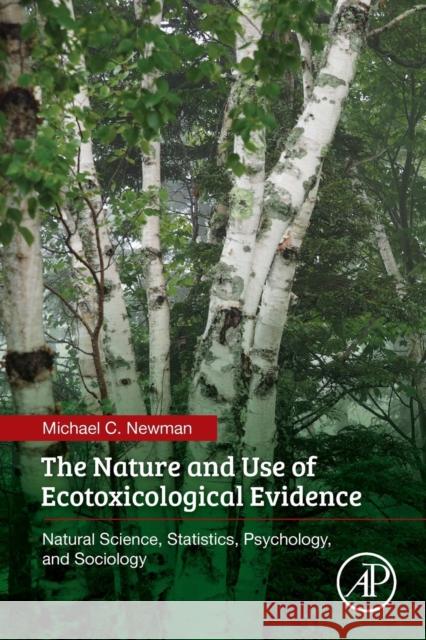The Nature and Use of Ecotoxicological Evidence: Natural Science, Statistics, Psychology, and Sociology » książka
topmenu
The Nature and Use of Ecotoxicological Evidence: Natural Science, Statistics, Psychology, and Sociology
ISBN-13: 9780128096420 / Angielski / Miękka / 2018 / 298 str.
The Nature and Use of Ecotoxicological Evidence: Natural Science, Statistics, Psychology, and Sociology
ISBN-13: 9780128096420 / Angielski / Miękka / 2018 / 298 str.
cena 307,25
(netto: 292,62 VAT: 5%)
Najniższa cena z 30 dni: 304,11
(netto: 292,62 VAT: 5%)
Najniższa cena z 30 dni: 304,11
Termin realizacji zamówienia:
ok. 30 dni roboczych.
ok. 30 dni roboczych.
Darmowa dostawa!
Kategorie:
Kategorie BISAC:
Wydawca:
Academic Press
Język:
Angielski
ISBN-13:
9780128096420
Rok wydania:
2018
Ilość stron:
298
Waga:
0.40 kg
Wymiary:
22.86 x 15.24 x 1.57
Oprawa:
Miękka
Wolumenów:
01
Dodatkowe informacje:
Bibliografia











